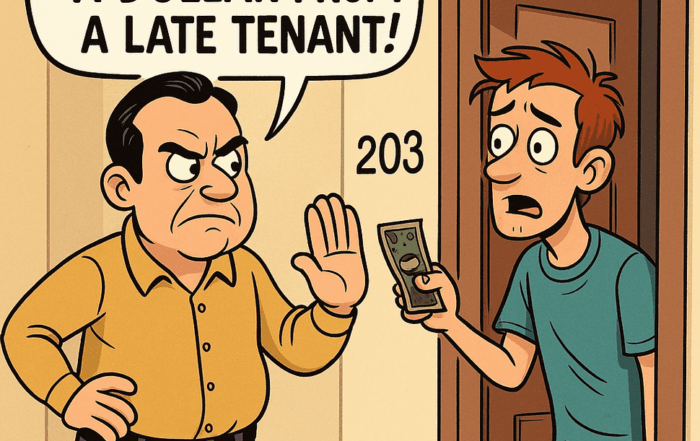The Importance of Using a Public Adjuster for Insurance Claims on Investment Properties in Florida
Navigating the complexities of insurance claims for investment properties in Florida can be daunting. As an experienced real estate investor with over 20 years in the industry, I’ve seen firsthand the significant difference that proper representation can make when pursuing an insurance claim. Many investors are unaware that going directly to the insurance company without the support of a professional, such as a public adjuster, can hurt their chances of receiving maximum coverage for their properties, whether the claim is weather-related or involves property or tenant issues.
The Role of a Public Adjuster
A public adjuster is a licensed professional who works on behalf of the policyholder to help settle insurance claims. Unlike insurance company adjusters, who represent the insurer’s interests, public adjusters advocate for the policyholder to ensure they receive a fair settlement. Their expertise in policy language, claim documentation, and negotiation can be invaluable in achieving the best possible outcome.
The Risks of Self-Representation
When investors handle their own claims, they often lack the specialized knowledge needed to navigate the insurance process effectively. Insurance policies are complex documents filled with technical jargon, and without a thorough understanding of these terms, policyholders may miss out on entitled benefits. Moreover, insurance companies have a vested interest in minimizing payouts, and their adjusters are trained to protect the company’s bottom line.
In my experience, I’ve seen cases where initial claims were denied or grossly undervalued when handled by the property owner alone. For instance, one of my claims, which was initially declined, resulted in a $150,000 payout after involving a skilled public adjuster. This professional was able to properly assess the damage, compile necessary documentation, and negotiate assertively with the insurance company, highlighting the critical role they play in the claims process.
Misconceptions About Insurance Claims and Premiums
A common myth among property owners is that filing an insurance claim will automatically lead to higher premiums. While it’s true that frequent claims can impact your rates, most insurance companies allow policyholders to make a claim every five years without penalty. It’s important to verify this with your specific insurer, as policies and practices can vary. Nonetheless, this means that a single, well-substantiated claim should not adversely affect your premiums if you have not made any recent claims.
Immediate Actions to Take After Damage
When damage occurs, acting quickly and methodically is crucial to ensure your claim is handled properly. Here are the steps you should take:
-
Document Everything:
- Take Pictures: Capture detailed photos of the damage from multiple angles.
- Written Documentation: Record the extent and nature of the damage.
-
Prevent Further Damage:
- Stabilize the Situation: Do everything possible to prevent the situation from worsening. This might include placing a tarp over a damaged roof or other temporary measures to protect the property.
- Good Faith Efforts: Make a good faith effort to stabilize the situation until the public adjuster arrives.
-
Do Not Contact the Insurance Company First:
- Consult a Public Adjuster: Contact a public adjuster before reaching out to your insurance company. They can guide you through the process and ensure your claim is presented accurately.
-
Avoid Permanent Repairs:
- Wait for Review: Do not make permanent repairs until the insurance company has reviewed and documented everything. Making repairs prematurely can give the insurer a reason to deny or cancel your claim.
What Your Public Adjuster Needs
To ensure your public adjuster can effectively advocate on your behalf, provide them with the following:
- Copy of Your Policy: This document outlines the terms, conditions, and coverage details of your insurance plan.
- Property Address: The exact location of the property in question, necessary for inspection and claim documentation.
- Pictures: Visual evidence of the damage, including photos taken before and after the incident, to support your claim.
Conclusion
Investing in real estate in Florida involves managing numerous risks, including those posed by natural disasters and tenant-related issues. When it comes to insurance claims, having the right representation can make a significant difference. Engaging a public adjuster ensures that you have a knowledgeable advocate on your side, capable of navigating the intricate claims process and maximizing your coverage. In my two decades of experience, the difference between self-representation and professional assistance has been stark, often transforming denied or minimal claims into substantial settlements.








